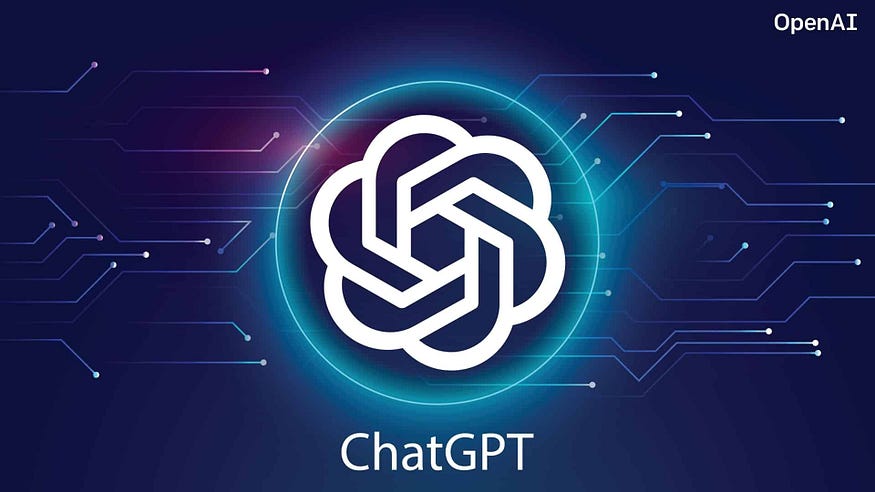In the digital age, cybersecurity is more critical than ever, and ethical hacking plays a vital role in identifying vulnerabilities before malicious hackers exploit them. Kali Linux, a specialized Linux distribution, has become the go-to operating system for ethical hackers and penetration testers. This story will dive into the significance of Kali Linux, its unique tools, and how it can be your ultimate companion for ethical hacking.

What is Kali Linux?
Kali Linux is an open-source, Debian-based Linux distribution tailored for advanced penetration testing, digital forensics, and cybersecurity tasks. Developed by Offensive Security, it comes pre-loaded with hundreds of tools aimed at different aspects of ethical hacking, from network analysis to application security testing. Unlike other Linux distros, Kali is specifically optimized for security testing, making it a favorite among professionals and cybersecurity enthusiasts.
For a visual walkthrough of the concepts covered in this article, check out my YouTube Video:-
Why Ethical Hackers Choose Kali Linux
- Comprehensive Toolkit: Kali Linux boasts a vast collection of security tools right out of the box. Whether you’re conducting wireless network analysis, web application testing, or password cracking, Kali provides the necessary resources to get the job done efficiently. Popular tools include Wireshark, Nmap, Burp Suite, Metasploit, and Aircrack-ng.
- Customizability: Kali offers unmatched customizability. You can install it as a standalone OS, run it from a USB drive, or set it up in a virtual machine. Ethical hackers often create specialized setups for different types of penetration testing tasks. Kali’s flexibility allows users to tailor the environment to their needs, making the workflow smoother.
- Constant Updates: As cybersecurity threats evolve, so must the tools used to defend against them. Offensive Security frequently updates Kali Linux with the latest versions of security tools, ensuring users stay ahead of the curve. With Kali’s rolling release model, you always have access to the newest features and patches.
- Multi-Platform Support: Kali Linux is not just for desktops and laptops. It supports a wide range of devices, including Raspberry Pi, ARM processors, and even Android smartphones with Kali NetHunter. This versatility enables ethical hackers to conduct penetration testing from almost any platform.
Top Tools in Kali Linux for Ethical Hacking
- Metasploit Framework: Metasploit is one of the most widely used tools in Kali for exploiting vulnerabilities. It provides an extensive library of exploits, payloads, and modules, making it a crucial tool for penetration testers.
- Nmap: Nmap (Network Mapper) is an open-source tool used for network discovery and vulnerability scanning. It’s essential for mapping a network and identifying potential weak points that hackers might target.
- Wireshark: Wireshark is a powerful network protocol analyzer that helps ethical hackers capture and examine data from live network traffic. It’s indispensable for diagnosing network problems and identifying security breaches
- Aircrack-ng: A complete suite for wireless network auditing, Aircrack-ng is primarily used for cracking WEP and WPA-PSK keys. If you’re testing the security of wireless networks, this is a tool you’ll rely on heavily.
- John the Ripper: A fast and flexible password-cracking tool, John the Ripper is widely used to identify weak passwords and improve password security.
Real-World Ethical Hacking with Kali Linux
Let’s consider a typical scenario where Kali Linux shines: testing a company’s wireless network security. Using tools like Airodump-ng to capture packets and Aircrack-ng to crack the encryption keys, ethical hackers can determine if the network is vulnerable to attacks. Once vulnerabilities are identified, security measures such as stronger encryption protocols or multifactor authentication can be recommended to the client.
In another example, Burp Suite is used for web application testing. Ethical hackers can identify flaws like cross-site scripting (XSS) and SQL injection that could be exploited by attackers. Kali Linux’s integration with these tools allows for seamless penetration testing across different security domains.
Is Kali Linux Right for You?
Kali Linux is undoubtedly powerful, but it’s not a beginner’s operating system. While its vast toolkit and specialized features make it an attractive option for ethical hackers, understanding Linux basics and cybersecurity fundamentals is crucial. If you’re new to ethical hacking, Kali might seem overwhelming, but with time, practice, and continuous learning, it becomes an invaluable asset.
For cybersecurity professionals and penetration testers, Kali Linux is a must-have OS. Its extensive toolset, community support, and regular updates make it one of the most robust platforms for ethical hacking.
Getting Started with Kali Linux
To start using Kali Linux, follow these steps:
- Download the ISO from the Kali Linux website.
- Install it on a virtual machine like VirtualBox or VMware for testing.
- Explore the pre-installed tools: Begin experimenting with popular ones like Nmap, Metasploit, and Burp Suite.
- Learn Linux commands: Since Kali is based on Linux, familiarize yourself with common terminal commands.
- Join the community: The Kali Linux and ethical hacking communities are very active. Forums, blogs, and YouTube tutorials are great places to learn and exchange knowledge.
Conclusion
Kali Linux is more than just an operating system; it’s an ecosystem for ethical hacking and cybersecurity. Whether you’re conducting penetration testing for a company or learning the ropes of cybersecurity, Kali equips you with the necessary tools to safeguard the digital world. Its versatility, frequent updates, and powerful tools make it the go-to choice for ethical hackers worldwide.
Take your first steps with Kali Linux today and unlock the potential of ethical hacking for a safer digital future!
Connect with Me:
- YouTube ► S3 CloudHub Channel
- Facebook ► S3 CloudHub Page
- Medium ► S3 CloudHub Blog
- Demo Reference ► GitHub Repository
- Blog ► S3 CloudHub Blogspot
- Dev ► S3 CloudHub on Dev.to
- Free Udemy Courses ► Access Free Udemy Coupons

No comments:
Post a Comment